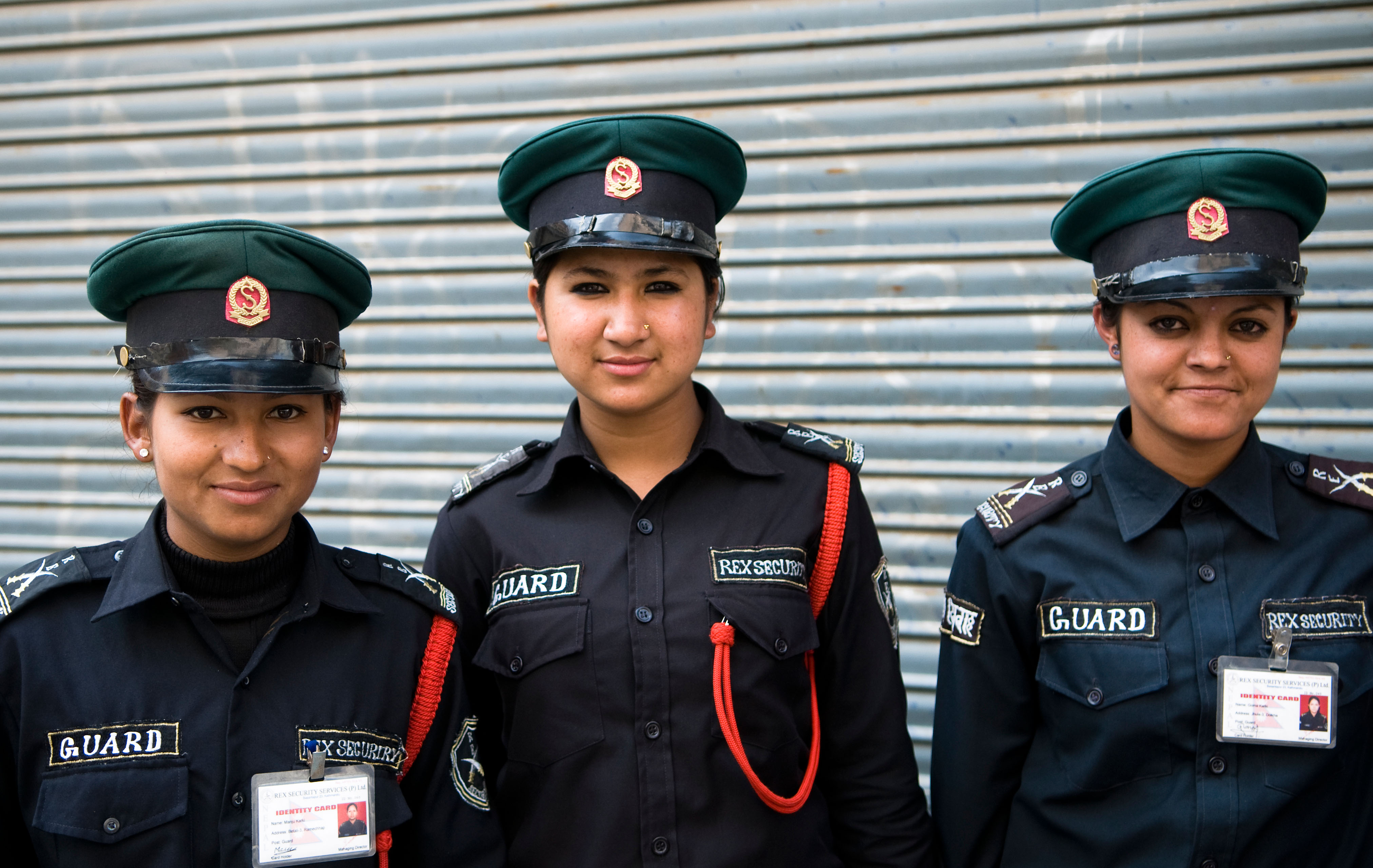Social Norms Continue to Affect Women’s Labor Force Participation
When I was in school, one day, my teacher asked all of us in the class about the “Aim of our life”. I want to become a nurse and replied the same to my teacher, and my other female friends stated other professions mostly from the service industry; a teacher, an NGO worker, and a banker. Most of the boys aimed to become a firefighter, a pilot, an engineer, a wild life photographer, a navy officer, and a mountaineer. The discussion in the classroom was exciting as we were getting to know each other’s life’s ambitions. Listening to the different ambitions of the girls and the boys in my class, I started to wonder why I couldn’t aim for entering into riskier professions like boys did? Since I was too young to get an answer to such questions, I did not give it any second thought, but rather accepted things as they were.
During my college days, in a leadership training, I met a young inspirational woman in her early twenties, who wanted to become a successful entrepreneur and a political leader of Nepal. During a conversation with her, she shared how her parents were concerned about her marriage prospects if she were to pursue such a career path and instead insisted that she should seek a government job so she would be able to work from 10 am-5 pm and take care of her family and household chores in the morning and evening. Even nowadays it is still common to hear people in Nepal talking about “Searching for the Perfect Bride”- someone who can take good care of her husband, children and other dependents of the family. For this, from their early childhood, girls are raised and prepared to become a perfect daughter, wife, daughter in-law, and mother, who is busy 24 hours a day but never asks for any monetary benefit for her work. Every female I have met, including my friends, sisters and my mother at home, almost all of them have experienced at least one point in their life, where they had to choose their family over their dreams and career preferences.
With 50 percent of the population being constituted by women and a female labor participation rate of 80.1 percent (the highest among South Asian countries), some may argue that women in Nepal are less constrained in terms of exercising their right to work as compared to other countries in the region. However, if we look beyond, the high rate of women's labor force participation in Nepal is primarily confined to rural areas, with seventy-seven percent of economically active women engaged in the non-productive agricultural sector (subsistence farming). In these areas, women's labor force participation seems to be driven more by necessity as a result of poverty, a lack of alternative livelihood options and the labor migration of men for foreign employment than by choice. In urban areas, women's labor force participation is significantly lower than in rural areas and has been steadily declining.

While various factors influence women's labor force participation, including age, education, marital status, household characteristics and characteristics of other members of the household, underlying many of these are social and cultural norms that limit women's freedom to pursue a career. Firstly, as men are still being considered to be the head of the household and the breadwinners of the family, many women are limited to performing household work with women in urban areas citing household responsibilities as the primary reason for their non-participation in the labor force. In Nepal, 74.8 percent of unpaid family labor is carried out by women and women that work usually face a double-burden as men are not expected to assist with domestic work. Secondly, society in Nepal continues to value girls' education lower than that of boys, with drop out rates of girls in secondary education being significantly higher than those of boys for reasons including household obligations, parental disapproval (UNICEF, 2014). Thirdly, social norms continue to dictate that women should marry and start a family early impacting their ability to start a career. A recent national survey among 12,405 women across all 75 districts of Nepal, found that 15.5 percent of women aged 15-49 years were married for the first time before the age of 15 and 48.5 percent of women aged 20-49 had their first marriage before the age of 18. (UNICEF, Multiple Indicator Cluster Survey 2014) The same survey also showed that among the surveyed women aged 15-19, 25.5 percent were married and 71 percent were mothers. Furthermore, concerns over security and gender-based violence such as sexual harassment which go back to social perceptions of women and their sexuality often deter women from pursuing professions which are dominated by men and are considered by society as being unsuitable for women.
If I look back, I think that my career dreams as a child were also the outcome of such socio-cultural factors, which led me to unknowingly limit my dreams and potentials. Like the women I met in my college, many women I have met in Nepal are also somehow, sacrificing their dreams or at least have been through a difficult process in order to pursue their career. Unless some of these factors change, it will be difficult for young women like myself to contribute as full members of society to the economy.

Sagma Maharjhan
Dav College
BA in Business Administration
The views and opinions expressed in this blog are those of the author and do not represent the views of Bikas Udhyami.
